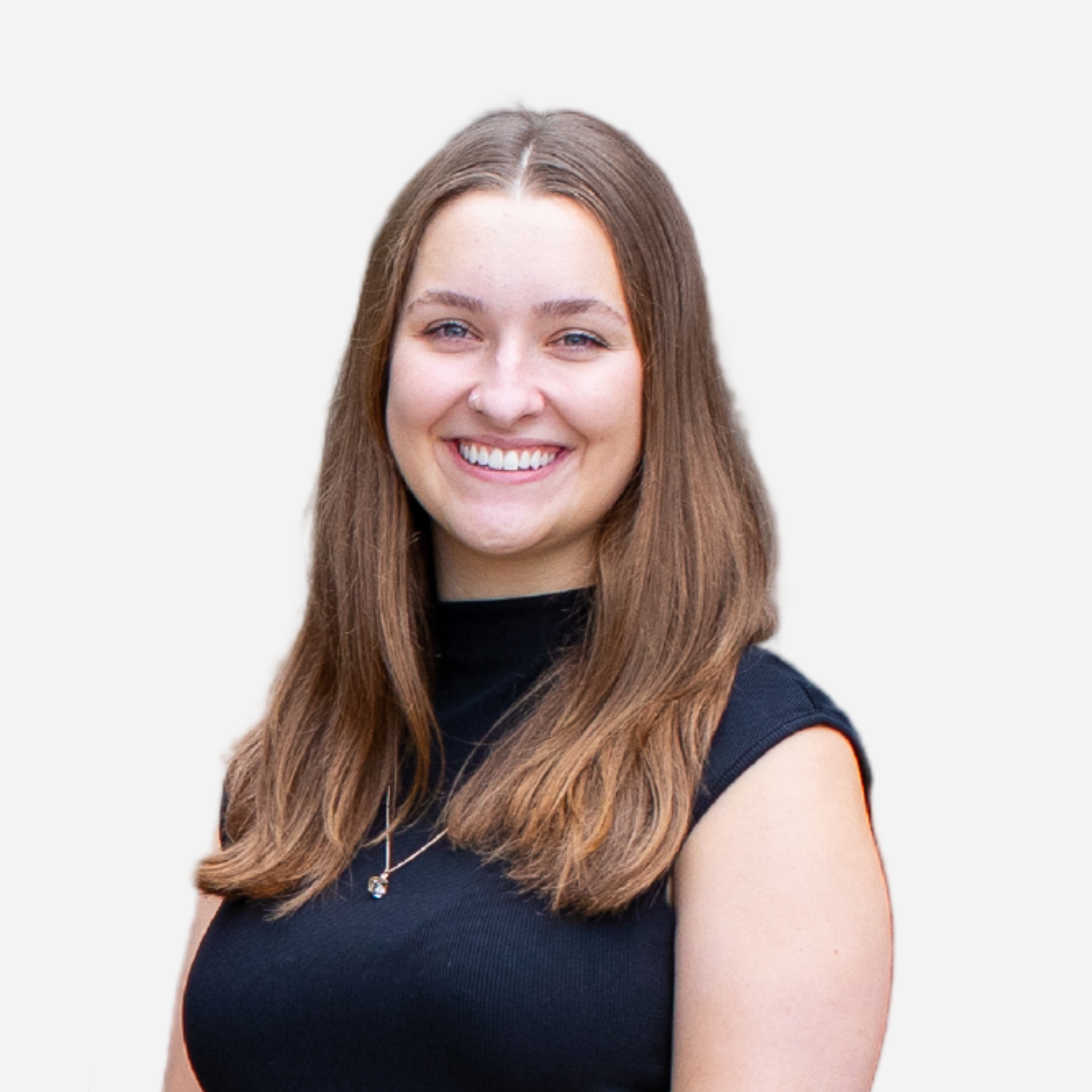Review the potential benefits, risks, and possible side effects.
Meet the Team

McKenna Grall B.A
Lead Care Coordinator
McKenna graduated from the University of Colorado Boulder with a BA in psychology, a minor in dance, and a certificate in cognitive sciences. She has previously worked as a psychiatric/medical assistant at a local medical practice specializing in geriatrics. She is fluent in American Sign Language, and is passionate about providing mental health services to the Deaf Community. McKenna plans to attend graduate school to get her PsyD in clinical psychology.
In her free time, McKenna enjoys dancing, being outdoors, and spending time with friends.

McKenna Grall BA
Clinical Utilization Manager
McKenna graduated from the University of Colorado Boulder with a BA in psychology, a minor in dance, and a certificate in cognitive sciences. She has previously worked as a psychiatric/medical assistant at a local medical practice specializing in geriatrics. She is fluent in American Sign Language, and is passionate about providing mental health services to the Deaf Community. McKenna plans to attend graduate school to get her PsyD in clinical psychology.
In her free time, McKenna enjoys dancing, being outdoors, and spending time with friends.
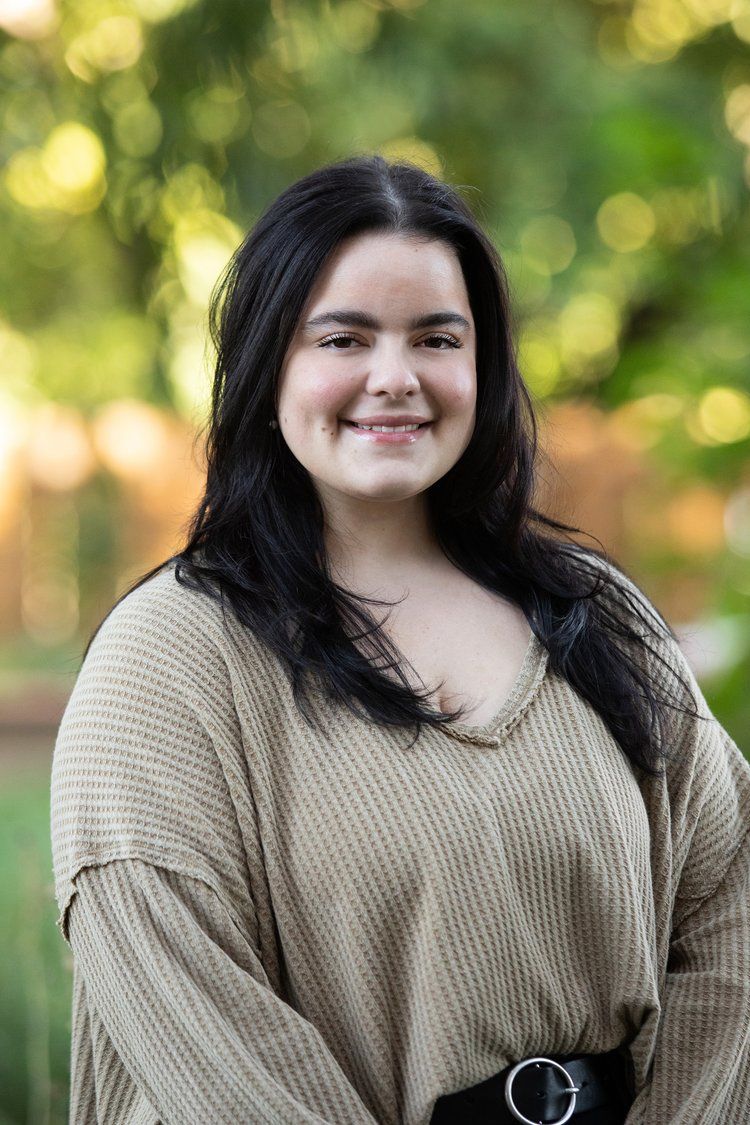
Julie James B.A
Care Coordinator
Julie graduated from the University of Colorado Boulder with a BA in Psychology and additional minors in Business and Communication. She has previously worked in system administration and shadowing at a plastic surgery private practice, as well as as a customer care representative at a local gymnasium. She is deeply passionate about providing adequate care in the mental health sphere. Beyond her professional endeavors, Julie finds joy in various pursuits, such as constructing Legos, actively participating in shark conservation efforts, and weightlifting. She has also embarked on an exciting literary journey, writing her first novel, with plans to share her creative work with the world in the near future.

Julie James BA
Care Coordinator
Julie graduated from the University of Colorado Boulder with a BA in Psychology and additional minors in Business and Communication. She has previously worked in system administration and shadowing at a plastic surgery private practice, as well as as a customer care representative at a local gymnasium. She is deeply passionate about providing adequate care in the mental health sphere. Beyond her professional endeavors, Julie finds joy in various pursuits, such as constructing Legos, actively participating in shark conservation efforts, and weightlifting. She has also embarked on an exciting literary journey, writing her first novel, with plans to share her creative work with the world in the near future.

Serafina Turner-Morgan BA
Care Coordinator
Serafina graduated from the University of Colorado Boulder with a double major in Neuroscience and Psychology. She has previously worked as a mental health technician in a high-acuity psychiatric hospital, working closely with patients and nursing teams. With a strong passion for mental health and patient care, Serafina plans to eventually further her education in the healthcare field, by going to medical school, PA school, or becoming a nurse practitioner. Outside of work, Serafina enjoys snowboarding whenever possible, discovering new restaurants, and attending concerts.
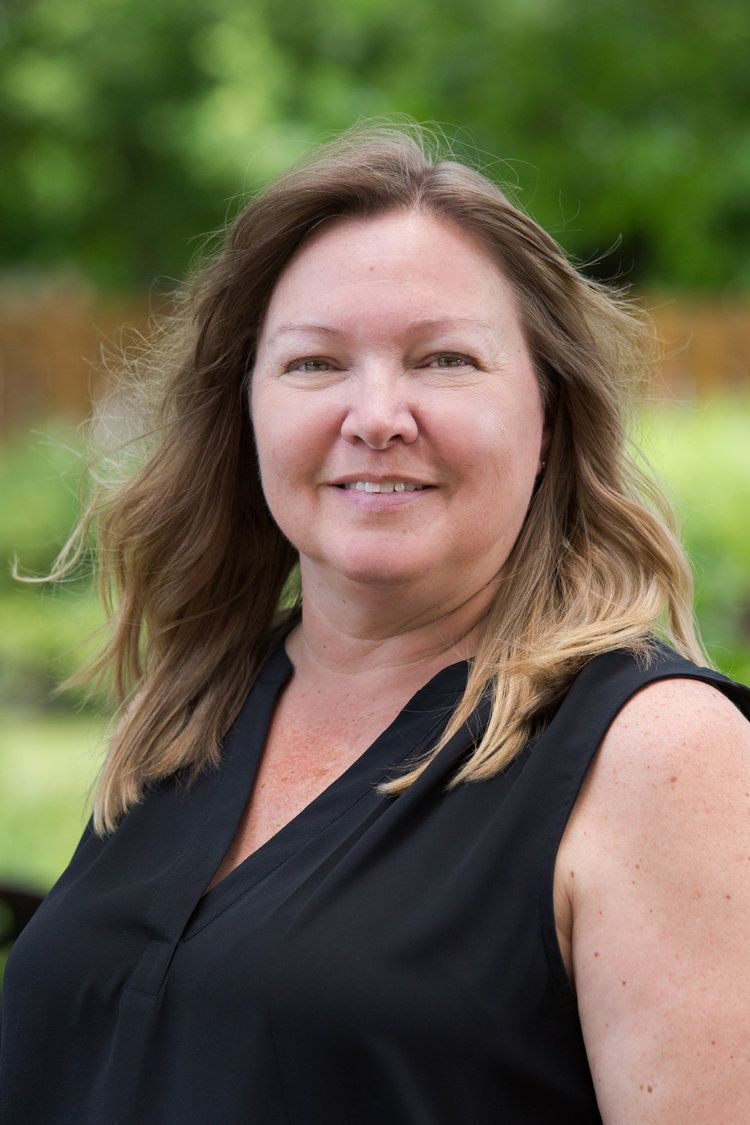
Dawn Dikes
Billing Manager
Dawn is a Colorado native who enjoys living in the mountains west of Boulder with her family. Dawn has managed billing, insurance, scheduling and general office duties in the Boulder area for 25+ years. Her interests include camping, hiking, concerts, and spending time with her husband, children and grandchildren.

Dawn Dikes
Billing Manager
Dawn is a Colorado native who enjoys living in the mountains west of Boulder with her family. Dawn has managed billing, insurance, scheduling and general office duties in the Boulder area for 25+ years. Her interests include camping, hiking, concerts, and spending time with her husband, children and grandchildren.
"Treatment here was a game-changer for me. I feel like my overall mood has improved on a daily basis, and there's been notable differences in my focus at work. It's pretty incredible, actually. The staff was great as well. Highly recommend this clinic for anyone seeking TMS."
Ryan Cwynar
More Rescources
Does TMS require sedation?
Learn More →TMS does not require sedation. All that is required is for the patient to sit still in the ergonomic treatment chair for the duration of treatment. Patients undergoing TMS therapy can return to their daily activities immediately following treatment.
Does insurance cover TMS therapy?
Learn More →Many insurance companies will cover a large portion of the cost of TMS treatment. At Boulder Center for TMS, we are often able to contract single-case agreements with insurance companies. This means that even if we are considered out of network by your insurance company, they will cover treatment at an in-network level. We research your insurance benefits for you and make sure you are aware of any out-of-pocket costs before beginning treatment so that you can make an informed decision based on your unique financial needs.
What are the common side effects of TMS?
Learn More →Unlike ECT (electroconvulsive therapy) where short-term confusion, memory loss, and long-term disruptions in memory have been shown to occur, TMS has little to no side effects. Some patients who undergo TMS therapy report headaches, fatigue, scalp soreness, or dizziness. However, these side effects are minor and tend to fade within the first week of treatment. The most serious side effect known side effect is seizure, though that only happens in roughly 1 in 200 patients. This is a very rare event that our staff is trained to handle.
Is TMS Therapy the same as Shock Therapy (ECT)?
No, the two procedures are very different. While both are effective in the treatment of depression, there are many differences in safety and tolerability. TMS is a non-invasive therapy that stimulates the activation of a patient’s brain with pulsed magnetic fields. During a session of TMS, patients will sit in a chair and are awake and alert throughout the entire 15-30 minute procedure – no sedation is used with TMS Therapy. Patients can transport themselves to and from treatment with ease. In contrast, "shock therapy", or electroconvulsive therapy (ECT), intentionally causes a seizure through the direct application of electrical current. Patients receiving ECT must be sedated with general anesthesia and paralyzed with muscle relaxants. Recovery from an ECT treatment session occurs slowly, and patients are usually closely monitored for minutes or even a few hours after a treatment.
Am I a good candidate for TMS?
Learn More →Our patients complete an initial evaluation appointment with our board-certified Psychiatrists to determine if TMS is a viable treatment option. During the appointment, we review your treatment and medication history. You will also have the opportunity to discuss your current medications and ask any remaining questions regarding treatment. This will help both you and the psychiatrists, to gauge if TMS is the right procedure for you.
Is TMS Right For You?
TMS is a safe, non-invasive, FDA-approved treatment that offers an effective alternative to medication. Take our 2-minute quiz to find out if TMS is the right option for you.
Take the quiz →

FDA-Approved
Treatment for depression and OCD.
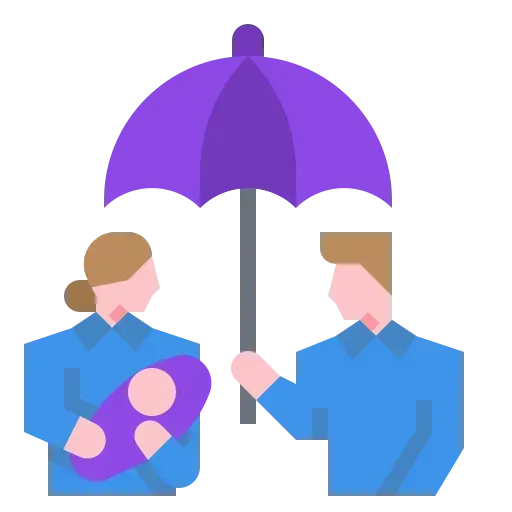
Insurance Coverage
Major insurance providers cover TMS therapy
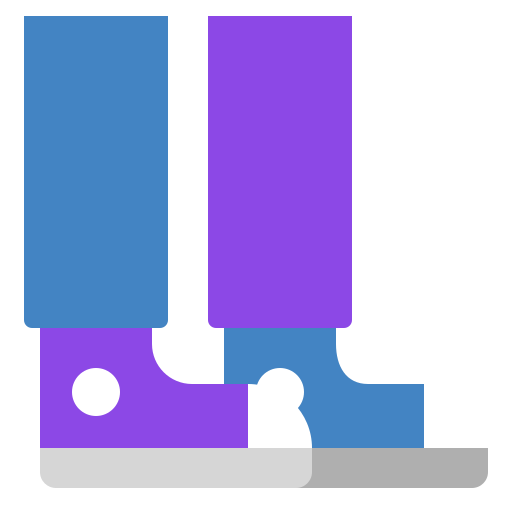
Outpatient
Receive treatment without disrupting your daily routine.
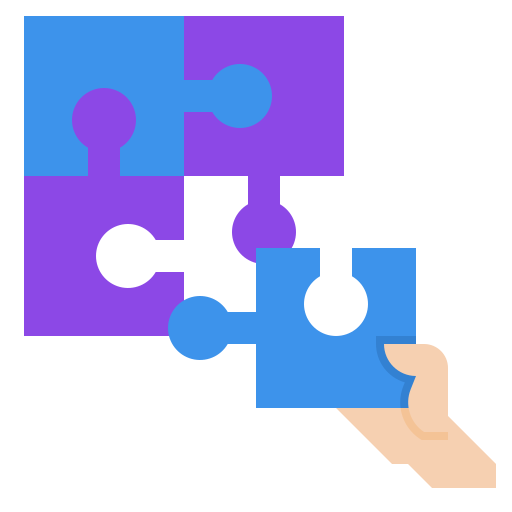
Holistic Care
Combine TMS with therapy or medication when needed.
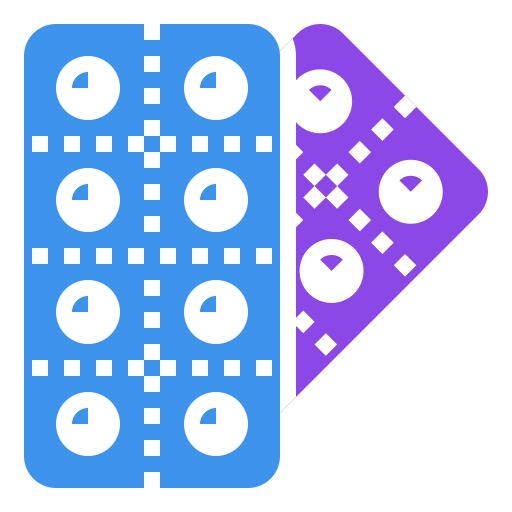
Drug-Free Alternative
Alternative option to antidepressants.
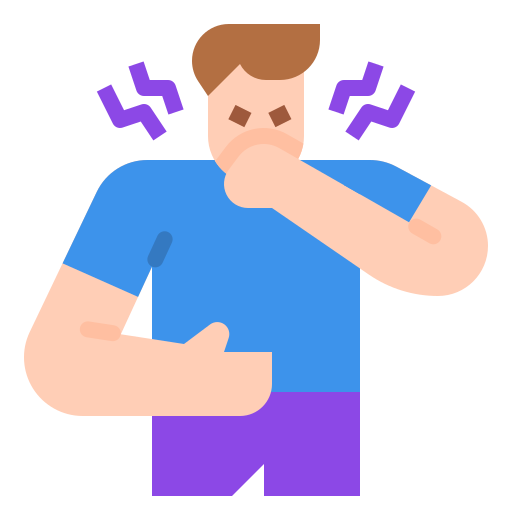
Minimal Side Effects
Safe and well-tolerated treatment option.
Your Free Consultation
Begin your TMS treatment journey today. Call
303-449-0318
or complete our simple online form.
Contact Us
We will get back to you as soon as possible.
Please try again later.
What Happens In My Consultation?
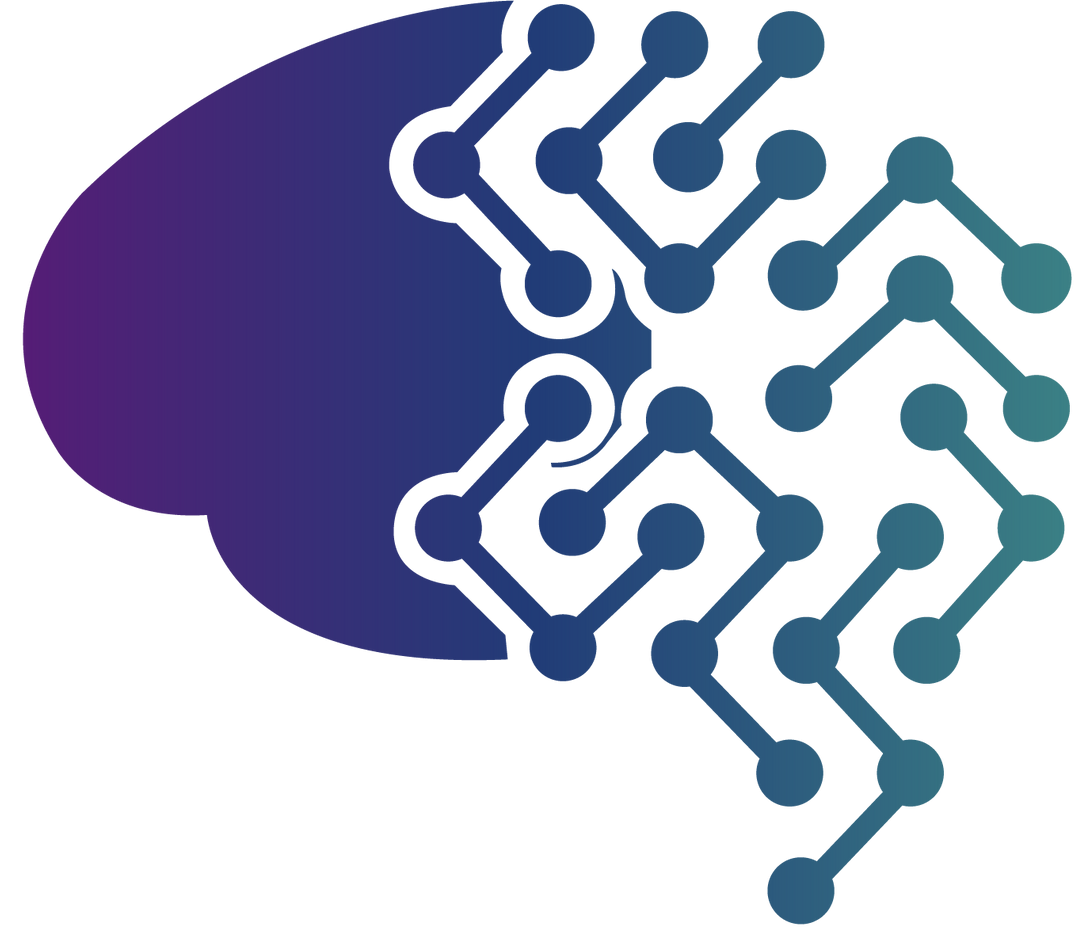

If we feel that other treatments are more likely to be effective, we will advise you of this.

In some cases, additional diagnostic testing will be recommended, such as hormone levels, other lab tests, sleep studies, or brain imaging.
What Makes Us Different?
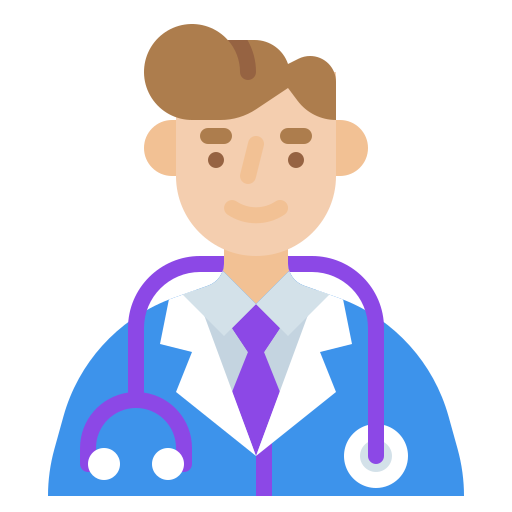
25 Years Combined Experience In TMS Treatment

FDA-Approved TMS Protocols, Ensuring Safe Treatment

Personalized Treatment Protocols Suit Your Specific Needs.
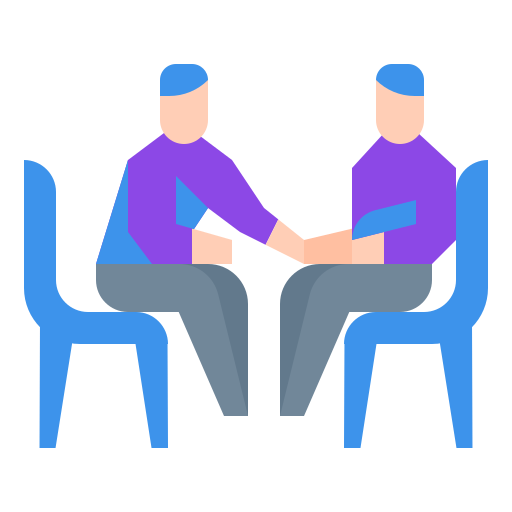
Integrate Therapy, Lifestyle Changes, & Medications.
"Treatment here was a game-changer for me. I feel like my overall mood has improved on a daily basis, and there's been notable differences in my focus at work. It's pretty incredible, actually. The staff was great as well. Highly recommend this clinic for anyone seeking TMS."
Ryan Cwynar
More Rescources
Does TMS require sedation?
Learn More →TMS does not require sedation. All that is required is for the patient to sit still in the ergonomic treatment chair for the duration of treatment. Patients undergoing TMS therapy can return to their daily activities immediately following treatment.
Does insurance cover TMS therapy?
Learn More →Many insurance companies will cover a large portion of the cost of TMS treatment. At Boulder Center for TMS, we are often able to contract single-case agreements with insurance companies. This means that even if we are considered out of network by your insurance company, they will cover treatment at an in-network level. We research your insurance benefits for you and make sure you are aware of any out-of-pocket costs before beginning treatment so that you can make an informed decision based on your unique financial needs.
What are the common side effects of TMS?
Learn More →Unlike ECT (electroconvulsive therapy) where short-term confusion, memory loss, and long-term disruptions in memory have been shown to occur, TMS has little to no side effects. Some patients who undergo TMS therapy report headaches, fatigue, scalp soreness, or dizziness. However, these side effects are minor and tend to fade within the first week of treatment. The most serious side effect known side effect is seizure, though that only happens in roughly 1 in 200 patients. This is a very rare event that our staff is trained to handle.
Is TMS Therapy the same as Shock Therapy (ECT)?
No, the two procedures are very different. While both are effective in the treatment of depression, there are many differences in safety and tolerability. TMS is a non-invasive therapy that stimulates the activation of a patient’s brain with pulsed magnetic fields. During a session of TMS, patients will sit in a chair and are awake and alert throughout the entire 15-30 minute procedure – no sedation is used with TMS Therapy. Patients can transport themselves to and from treatment with ease. In contrast, "shock therapy", or electroconvulsive therapy (ECT), intentionally causes a seizure through the direct application of electrical current. Patients receiving ECT must be sedated with general anesthesia and paralyzed with muscle relaxants. Recovery from an ECT treatment session occurs slowly, and patients are usually closely monitored for minutes or even a few hours after a treatment.
Am I a good candidate for TMS?
Learn More →Our patients complete an initial evaluation appointment with our board-certified Psychiatrists to determine if TMS is a viable treatment option. During the appointment, we review your treatment and medication history. You will also have the opportunity to discuss your current medications and ask any remaining questions regarding treatment. This will help both you and the psychiatrists, to gauge if TMS is the right procedure for you.
Is TMS Right For You?
TMS is a safe, non-invasive, FDA-approved treatment that offers an effective alternative to medication. Take our 2-minute quiz to find out if TMS is the right option for you.
Take the quiz →

FDA-Approved
Treatment for depression and OCD.

Insurance Coverage
Major insurance providers cover TMS therapy

Outpatient
Receive treatment without disrupting your daily routine.

Holistic Care
Combine TMS with therapy or medication when needed.

Drug-Free Alternative
Alternative option to antidepressants.

Minimal Side Effects
Safe and well-tolerated treatment option
Your Free Consultation
Begin your TMS treatment journey today. Call
303-449-0318
or complete our simple online form.
Contact Us
We will get back to you as soon as possible.
Please try again later.
What Happens In My Consultation?

Review the potential benefits, risks, and possible side effects.

If we feel that other treatments are more likely to be effective, we will advise you of this.

In some cases, additional diagnostic testing will be recommended, such as hormone levels, other lab tests, sleep studies, or brain imaging.
What Makes Us Different?

25 Years Combined Experience In TMS Treatment

FDA-Approved TMS Protocols, Ensuring Safe Treatment

Personalized Treatment Protocols Suit Your Specific Needs.

Integrate Therapy, Lifestyle Changes, & Medications.
Your Free Consultation
Begin your TMS treatment journey today. Call
303-449-0318
or complete our simple online form.
Contact Us
We will get back to you as soon as possible.
Please try again later.
What Happens In My Consultation?

Review the potential benefits, risks, and possible side effects.

If we feel that other treatments are more likely to be effective, we will advise you of this.

In some cases, additional diagnostic testing will be recommended, such as hormone levels, other lab tests, sleep studies, or brain imaging.
What Makes Us Different?

25 Years Combined Experience In TMS Treatment

FDA-Approved TMS Protocols, Ensuring Safe Treatment

Personalized Treatment Protocols Suit Your Specific Needs.

Integrate Therapy, Lifestyle Changes, & Medications.

